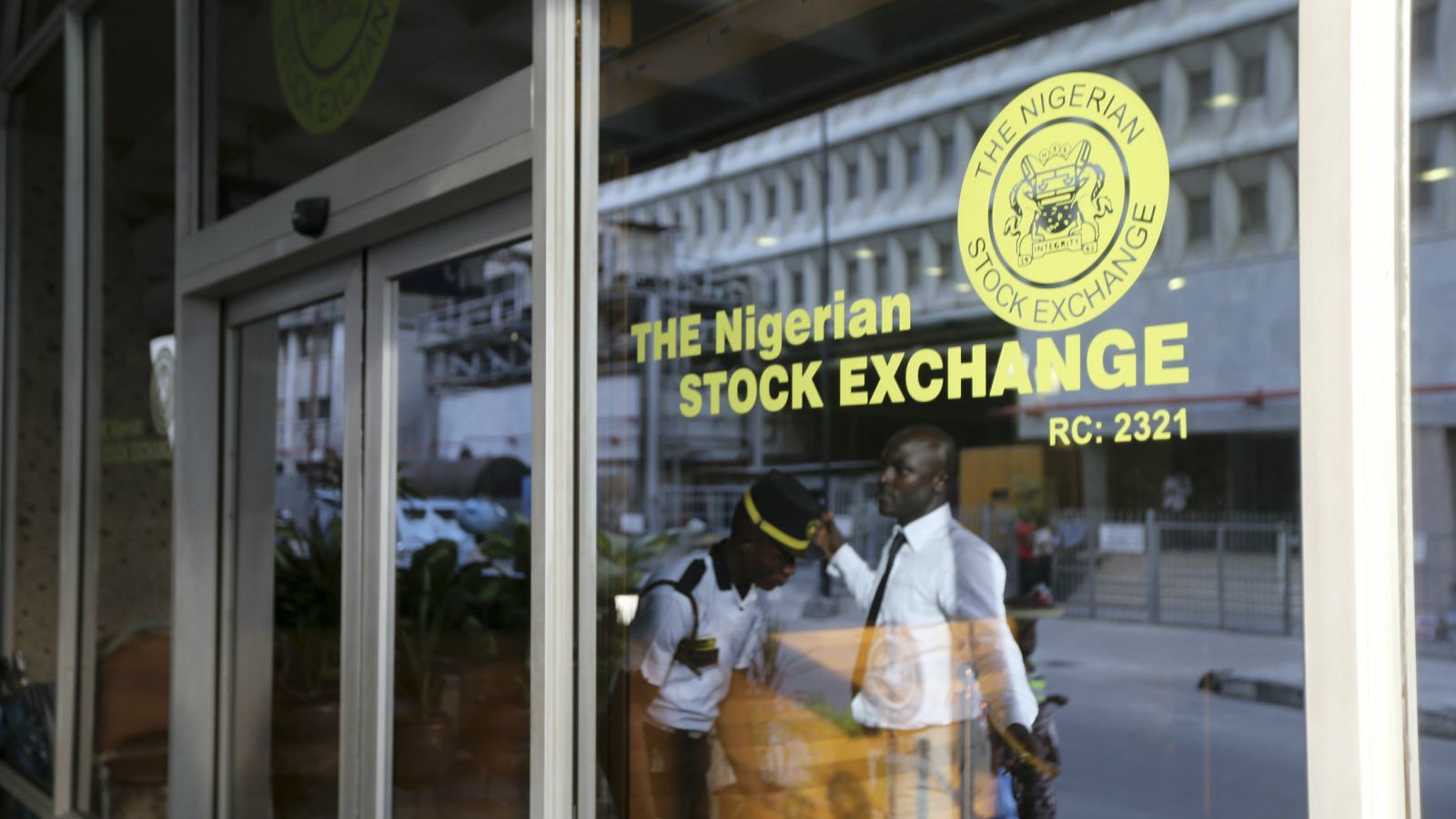- Stock Exchange Modifies One kobo Base Price
With several stocks on a free fall, the Nigerian Stock Exchange (NSE) has modified its one-kobo base pricing method, replacing it with a stopgap minimum price of 20 kobo for quoted equities.
The NSE last Monday began the implementation of its amendments to the method and par value rules, which removed the stopgap, mostly 50 kobo that had supported several stocks at their nominal value.The method allowed shares of quoted companies to trade as low as one kobo.
The new rules stipulated that “notwithstanding its par value, the price of every share listed on the Exchange shall be determined by the market, save that no share shall trade below a price floor of one Kobo per unit”.
The Nation had reported that more than two-thirds of quoted companies fall under the category of the most vulnerable stocks to the one-kobo base.
Within two months of the implementation of the method, most stocks that had hung on the 50 kobo nominal value, especially in the insurance sector, crashed by more than an average of 54 per cent.
Sources said the NSE became concerned when the free-falling stocks breached the 20 kobo mark with UNIC Diversified Holdings Plc hitting all-time low of 18 kobo. The Exchange then placed a temporary suspension on trading in the shares of UNIC Diversified Holdings, citing an observed trading anomaly.
After a review, the Exchange decided to reintroduce a stopgap of 20 kobo for quoted equities. The share price of UNIC Diversified Holdings was also adjusted upward to 20 kobo in line with the new band.
With the modification, stocks under Category C under the pricing method will have a minimum price floor of 20 kobo. With this, the prices of securities that are in this category will not fall below 20 kobo.
An investment banking source said while the one-kobo base rule had improved liquidity and restarted relatively active trading in many dormant stocks, it exposed the vulnerabilities of a large chunk of quoted equities. The source noted that there were concerns that many stocks could become targets of aggressive and hostile acquisitions, given their low valuations.
The declining share prices also worsened the prospects of new capital raising for many stocks, especially in the populous insurance sector, where about 70 per cent of the quoted stocks have since fallen below their nominal value since the implementation of the new rule. For instance, Consolidated Hallmark Insurance, which had recently offered rights issue at 50 kobo per share, has since fallen to 25 kobo, implying 50 per cent loss for shareholders.
The recent amendments to the pricing technology at the stock market had seen a categorisation of quoted companies under three groups with different pricing rules.
The tick size – the minimum price movement by which the price of a trading instrument can change-will also be lowered to as low as one kobo, although all quoted companies shall continue to trade within the current pricing band of 10 per cent maximum allowable change per day.
Under the new groupings and pricing rules, stocks under the first category-Group A, shall consist of large-cap equities that are priced at N100 per share or above for at least four of the last six trading months, or new security listings that are priced at N100 or above at the time of listing on the Exchange.
The second category – Group B, shall consist of medium-priced equities that are priced at N5 per share or above but less than N100 per share for at least four of the last six months, or new security listings that are priced at N5 per share or above but less than N100 per share at the time of listing on the Exchange.
The third category-Group C, where majority of listed companies fall, shall consist of equities that are priced at one kobo per share or above but below N5 per share for at least four of the last six months, or new security listings that are priced at one kobo per share or above but below N5 per share at the time of listing on the Exchange.
The new rules expectedly link price movements and minimum quantity of equities traded that will change the published price of an equity security.
Stocks under Group A shall have price change with minimum of 10,000 units.
stocks under Group B shall have price movement with a minimum of 50,000 units while stocks under Group C shall have price change with minimum volume of 100,000 units.
The tick size-the minimum price movement that any equity shall trade, shall also be linked to the groups. Group A will have a tick size of 10 kobo, Group B, five kobo while Group C will have a tick size of one kobo. This implies that the share price of each stock shall be allow to move up or down in multiples of its tick size.
A classification guideline for the implementation of the new pricing methodology had indicated that about 67 per cent or 116 of quoted companies were under the immediate pricing band of one kobo, 27 per cent under a band of 5.0 kobo while the remaining 6.0 per cent were under a band of 10 kobo.


 Billionaire Watch3 weeks ago
Billionaire Watch3 weeks ago
 Startups4 weeks ago
Startups4 weeks ago
 News4 weeks ago
News4 weeks ago
 News4 weeks ago
News4 weeks ago
 Bitcoin4 weeks ago
Bitcoin4 weeks ago
 Naira4 weeks ago
Naira4 weeks ago
 Forex3 weeks ago
Forex3 weeks ago
 Treasury Bills4 weeks ago
Treasury Bills4 weeks ago
























